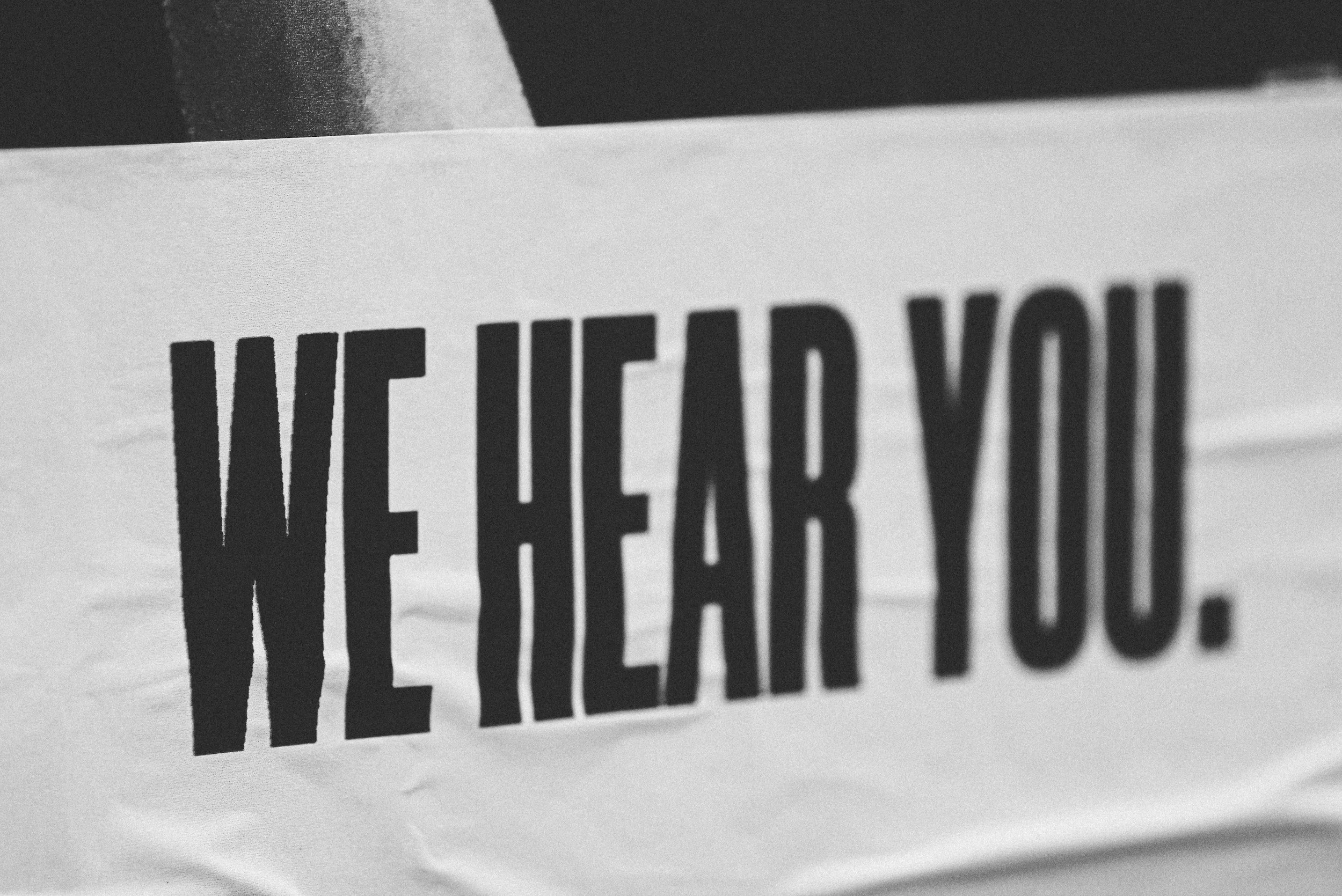Reference checks were once seen as a quick verification step — a final formality before extending an offer. Today, in an environment where trust, compliance, and workforce integrity are more important than ever, references play a much deeper role. They can reinforce a confident hiring decision, or they can introduce doubt, delay, and risk.
But the challenge isn’t simply collecting references. It’s interpreting the quality of the information they provide.
Some references overshare, offering emotional stories, personal judgments, or opinions that have little to do with performance. Others provide almost nothing — a neutral statement, a brief confirmation, or vague remarks that fail to clarify strengths or concerns. Both extremes leave employers with the same problem: uncertainty.
The Two Extremes of Reference Checks
When feedback is inconsistent, unclear, or overly subjective, hiring teams lose the ability to confidently evaluate a candidate’s background. Here’s how each extreme affects decision-making:
1. References That Say Too Much
Some references offer lengthy reflections, personal opinions, or embellished praise. While it may sound helpful, this type of feedback often introduces:
Bias and inconsistency
Overly detailed stories can skew perceptions without providing actual evidence of performance.Irrelevant information
Personal conflicts, emotional anecdotes, or office gossip can muddy the hiring process.Compliance concerns
Unfiltered commentary may touch on protected information that should never influence hiring decisions.
2. References That Say Too Little
On the opposite end, overly brief responses can signal hesitation — or simply a lack of structure in the way references are collected.
This creates issues such as:
Gaps in behavioral insight
Employers are left guessing about communication style, work ethic, or team compatibility.Unclear risk indicators
Vague language might hide performance issues, reliability concerns, or past conflicts.Additional time and follow-ups
Hiring teams are forced to chase clarity, slowing down recruitment in fast-moving environments.
Whether references overshare or under-share, both create the same obstacle: limited visibility into the candidate’s true professional history.
The Hidden Cost of Poor Reference Data
In high-trust sectors — enterprise, healthcare, education, government, and public-safety agencies — vague or unbalanced references aren’t just inconvenient. They can lead to:
Misaligned hiring decisions
Employers may unknowingly select candidates whose behavior, reliability, or values conflict with organizational expectations.Compliance and regulatory exposure
Failing to detect misrepresentation or address red flags can result in serious reputational or legal consequences.Operational disruption
A poor hire affects productivity, morale, and the cost of backfilling the role.
Strong references help prevent these outcomes — but only when the process is structured, consistent, and objective.
A Smarter Path: Reference Checks Powered by Data, Not Guesswork
KENTECH’s IQ platform modernizes the reference-check process by focusing on clarity, structure, and evidence-based insight.
Instead of relying on emotional storytelling or vague remarks, IQ transforms reference feedback into actionable intelligence through:
Standardized Questioning
Every reference receives the same curated set of questions, reducing variability and improving accuracy.
Behavior-Driven Insights
Feedback is analyzed for indicators of teamwork, reliability, communication, leadership, adaptability, and accountability.
Automated Follow-Ups
If references provide incomplete responses, the system prompts clarification automatically — no manual chasing required.
Compliance-Ready Documentation
IQ records and formats reference information in a way that protects employers and meets regulatory expectations.
Scalable, Cross-Sector Use
From enterprises to universities to government agencies, IQ adapts to workflows while maintaining strict consistency.
With IQ, reference checks no longer depend on the personality or communication style of the individual providing the feedback — they rely on structured truth.
Turning Reference Checks Into Hiring Intelligence
When references swing between oversharing and under-sharing, they create confusion instead of clarity. But employers don’t have to navigate that guessing game.
With a standardized, evidence-driven approach, reference checks become:
Predictable
Comparable
Fair
Actionable
Aligned with organizational values
The result is a sharper, more confident hiring decision that avoids unnecessary risk.
In a world where workplace trust matters more than ever, organizations can’t afford vague voices or one-sided stories. They need clarity. They need structure. They need insight that stands up to scrutiny.
KENTECH’s IQ ensures that every reference check — whether too loud or too quiet — becomes a clear signal that leads to better hiring.


